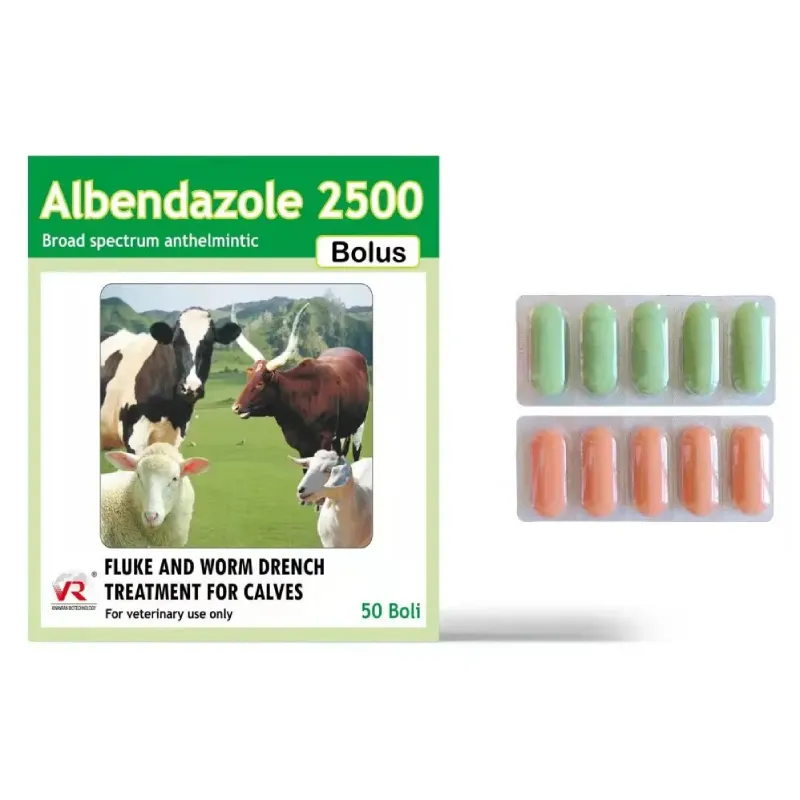- Afrikaans
- Albanian
- Amharic
- Arabic
- Armenian
- Azerbaijani
- Basque
- Belarusian
- Bengali
- Bosnian
- Bulgarian
- Catalan
- Cebuano
- Corsican
- Croatian
- Czech
- Danish
- Dutch
- English
- Esperanto
- Estonian
- Finnish
- French
- Frisian
- Galician
- Georgian
- German
- Greek
- Gujarati
- Haitian Creole
- hausa
- hawaiian
- Hebrew
- Hindi
- Miao
- Hungarian
- Icelandic
- igbo
- Indonesian
- irish
- Italian
- Japanese
- Javanese
- Kannada
- kazakh
- Khmer
- Rwandese
- Korean
- Kurdish
- Kyrgyz
- Lao
- Latin
- Latvian
- Lithuanian
- Luxembourgish
- Macedonian
- Malgashi
- Malay
- Malayalam
- Maltese
- Maori
- Marathi
- Mongolian
- Myanmar
- Nepali
- Norwegian
- Norwegian
- Occitan
- Pashto
- Persian
- Polish
- Portuguese
- Punjabi
- Romanian
- Russian
- Samoan
- Scottish Gaelic
- Serbian
- Sesotho
- Shona
- Sindhi
- Sinhala
- Slovak
- Slovenian
- Somali
- Spanish
- Sundanese
- Swahili
- Swedish
- Tagalog
- Tajik
- Tamil
- Tatar
- Telugu
- Thai
- Turkish
- Turkmen
- Ukrainian
- Urdu
- Uighur
- Uzbek
- Vietnamese
- Welsh
- Bantu
- Yiddish
- Yoruba
- Zulu
11 月 . 01, 2024 03:58 Back to list
Effective Veterinary Disinfectants for Animal Health and Hygiene Solutions
The Importance of Veterinary Disinfectants in Animal Care
Veterinary disinfectants play a crucial role in maintaining the health and well-being of animals in various care settings, including veterinary clinics, animal shelters, farms, and zoos. The effectiveness of these disinfectants in controlling pathogens cannot be overstated, as they are essential for preventing the spread of infectious diseases among animals and even humans.
In any animal care facility, the presence of pathogens such as bacteria, viruses, and fungi poses a significant risk to the health of the animals. Conditions like kennel cough, feline leukemia, and parvovirus can not only affect individual animals but can also lead to outbreaks that endanger the larger animal population. By using appropriate veterinary disinfectants, caregivers can create a safe environment and minimize these risks.
Veterinary disinfectants are specifically formulated to be highly effective against a wide range of pathogens while ensuring safety for the animals being treated. These products often contain active ingredients such as quaternary ammonium compounds, phenols, or chlorine-based agents, each chosen for its specific antimicrobial properties. The choice of disinfectant depends on the type of pathogens being targeted, the surface being cleaned, and any safety considerations for the animals and human workers.
veterinary disinfectant

One of the key practices in using veterinary disinfectants involves proper cleaning protocols. Before applying disinfectants, surfaces should be thoroughly cleaned to remove dirt, organic matter, and other debris. This step is crucial because disinfectants work best on clean surfaces. Once cleaned, the disinfectant should be applied according to the manufacturer's instructions, ensuring the required contact time for effectiveness. This could range from a few minutes to several hours, depending on the product used and the level of contamination.
Moreover, it's important to rotate disinfectants to prevent resistance among pathogens. Continuous use of the same disinfectant can lead to the development of resistant strains of bacteria or viruses, which may be more difficult to control. By alternating between different classes of disinfectants, facilities can maintain a robust defense against microbial growth.
In addition to their role in preventing the spread of diseases, veterinary disinfectants contribute to the overall cleanliness and hygiene of animal care environments. Regular disinfection of common areas, equipment, and animal housing helps create a healthy atmosphere, which can lead to improved animal welfare and comfort. This is especially critical in shelters and rescue organizations, where animals may already be under stress.
In conclusion, veterinary disinfectants are indispensable tools in safeguarding the health of animals and preventing disease outbreaks. By implementing effective cleaning and disinfection protocols, animal care facilities can provide a safe and healthy environment for both animals and humans. As we continue to enhance our knowledge of infectious diseases and antimicrobial mechanisms, the development of new and improved disinfectant solutions will further empower caregivers to protect our furry friends.
-
The Power of Radix Isatidis Extract for Your Health and Wellness
NewsOct.29,2024
-
Neomycin Sulfate Soluble Powder: A Versatile Solution for Pet Health
NewsOct.29,2024
-
Lincomycin Hydrochloride Soluble Powder – The Essential Solution
NewsOct.29,2024
-
Garamycin Gentamicin Sulfate for Effective Infection Control
NewsOct.29,2024
-
Doxycycline Hyclate Soluble Powder: Your Antibiotic Needs
NewsOct.29,2024
-
Tilmicosin Premix: The Ultimate Solution for Poultry Health
NewsOct.29,2024













